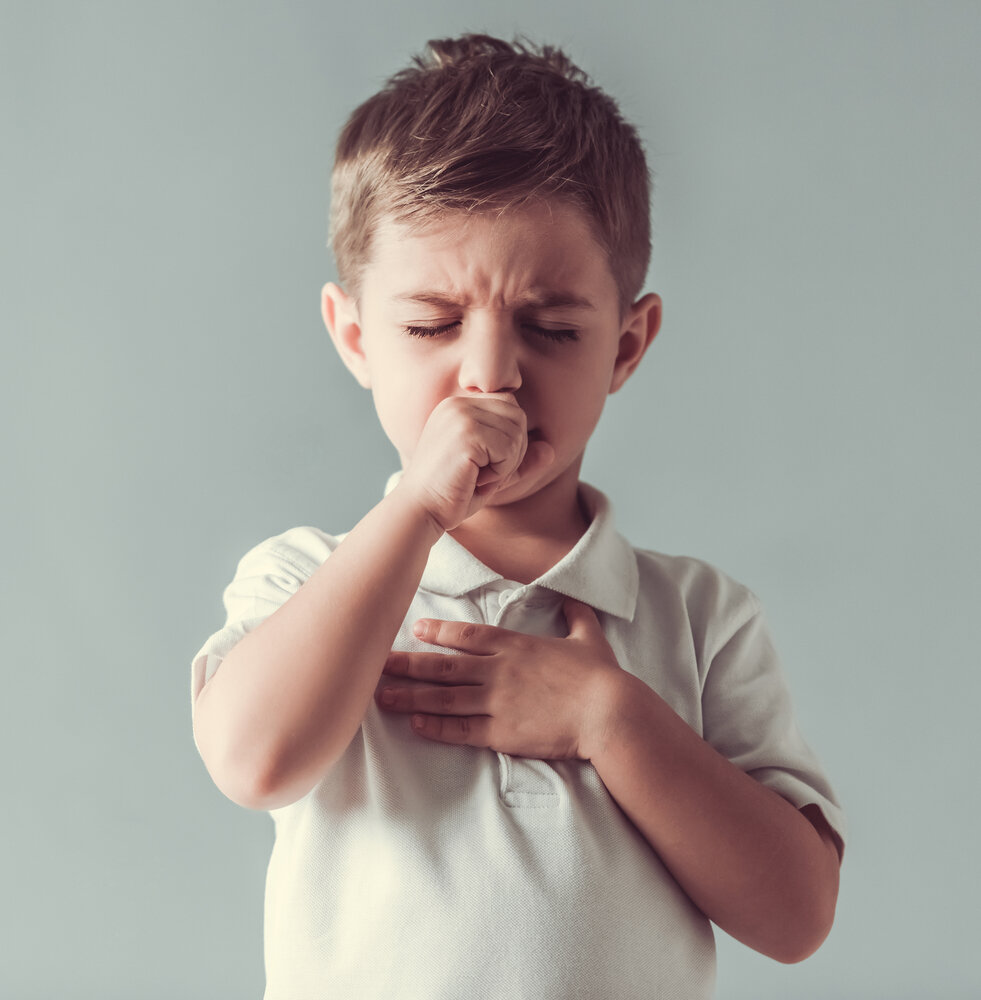Why you shouldn’t give your child cough medicine
Times have changed. It’s probably not far-fetched to say that you grew up with over the counter cough medication and your parents were always stocked up on cough and cold medications when you were little. Turns out, that may not have been the best thing to do. Sure, most of us turned out alright but the pediatric industry has really shied away from cough medications for children in the last 10-20 years.
Let us tell you why:
Coughing is there for a reason.
It turns out, coughing is an important reflex that helps protect airways from irritants. Coughing also expels mucous. Suppressing a cough, can actually make kids more sick. We at the Pedipals have personally witnessed many children hospitalized after being given cough suppressants.
Coughing is a normal side effect to most upper respiratory infections.
Most viruses cause runny noses, congestion and a cough. Some will cause fevers and some won’t. Coughing is an expected side effect of having a virus. Sometimes, coughing can be a sign that something else is going on, but we will outline below when you should be worried.
It is normal to cough up to 28 days after an upper respiratory infection.
Yes! That’s a lot of coughing and can be daunting if the cough is leading to sleepless nights. We get it!
Studies have failed to show that cough medications even work in children.
In fact, cough medications and suppressants can be dangerous and have side effects such as sedation, irritability and behavior changes. It turns out that cough medications have never been properly studied in children. Many have been studied in adults, but as anyone will tell you, children are not little adults. They have different requirements and tolerances so the data is not transferable!
There have been too many hospitalizations and deaths associated with cough medications/suppressants
Too many for us to condone using them in any way. It’s just not worth it.
So what should you do if your child is sick and coughing? Here are our recommendations for natural cold and coughing care for most children:
Do frequent steam showers
Use cool mist humidifiers in the child’s room
Use nasal saline to help with nasal congestion and have the child blow their nose frequently. If they are too young to blow, use a nasal aspiratory.
Use rescue inhalers as prescribed if your child has a history of asthma. Children with a history of asthma should most definitely NOT use over the counter cough and cold medications. They should have an asthma action plan, provided by their doctor, that goes over what they should do should they start coughing.
See your pediatrician if the cough is:
Persistent
More than 3 weeks
If your child has trouble breathing
If they have a barking cough (like a dog or a seal)
If they have noisy breathing (called wheezing or stridor)
Have malaise or are acting lethargic.
Give them honey if they are over one year of age! In most of the studies that have been done for treating cough in children, honey always wins! Honey is safe and has many health benefits. It is also a lubricant and can help an irritated throat. You can give honey 1 teaspoon at a time for cough, or mix it in warm water with lemon. Mmmmm!
Next time your child is sick, keep these tips in mind. While it’s not easy to watch a child cough, most kids handle it much better than adults! Try to avoid cough medications if possible and stick with honey if the child is over 1 year of age. If you’re worried in any way, contact your doctor’s office!
Your PediPals

